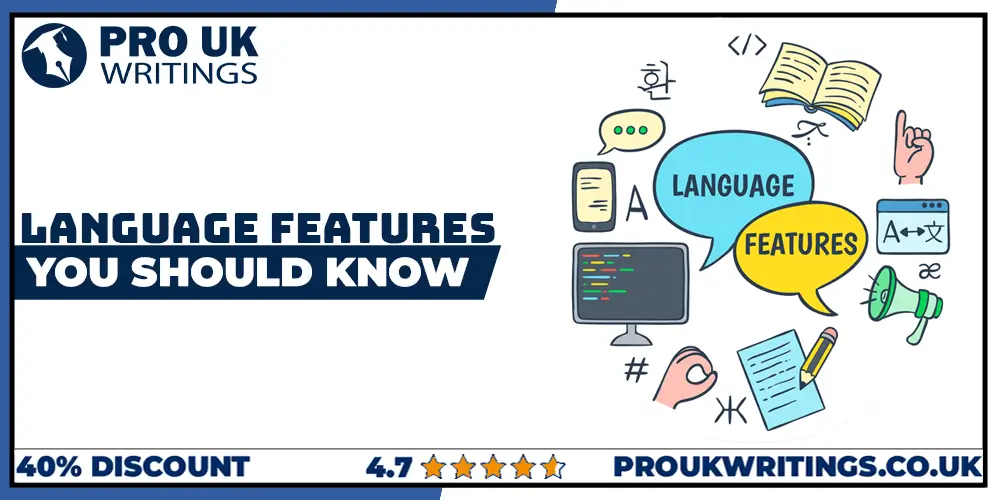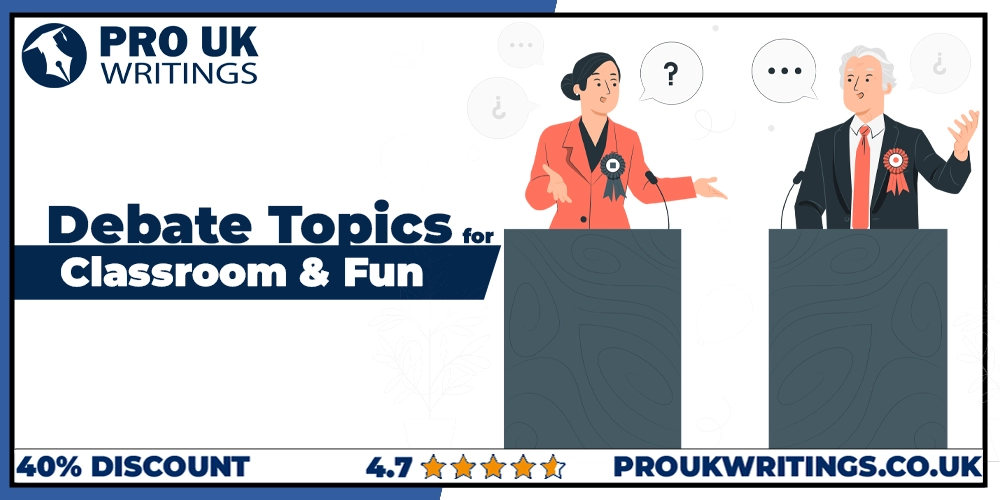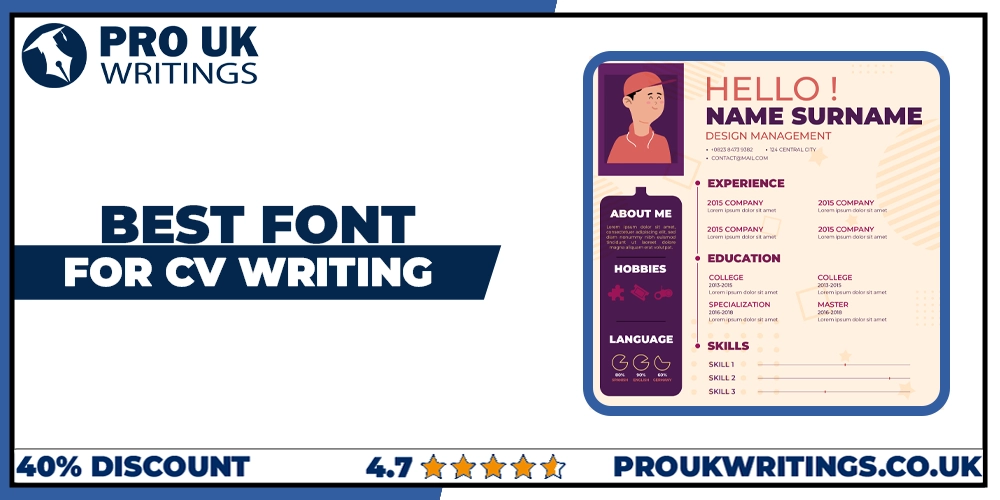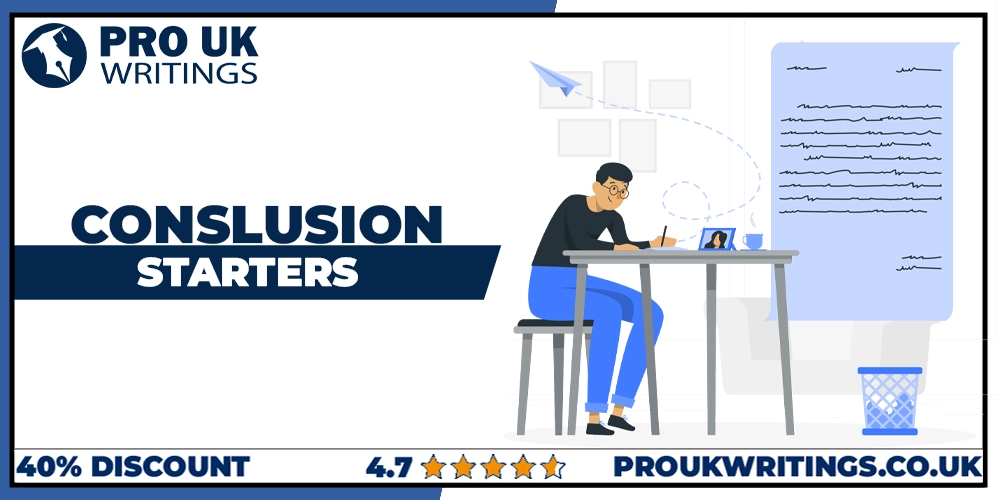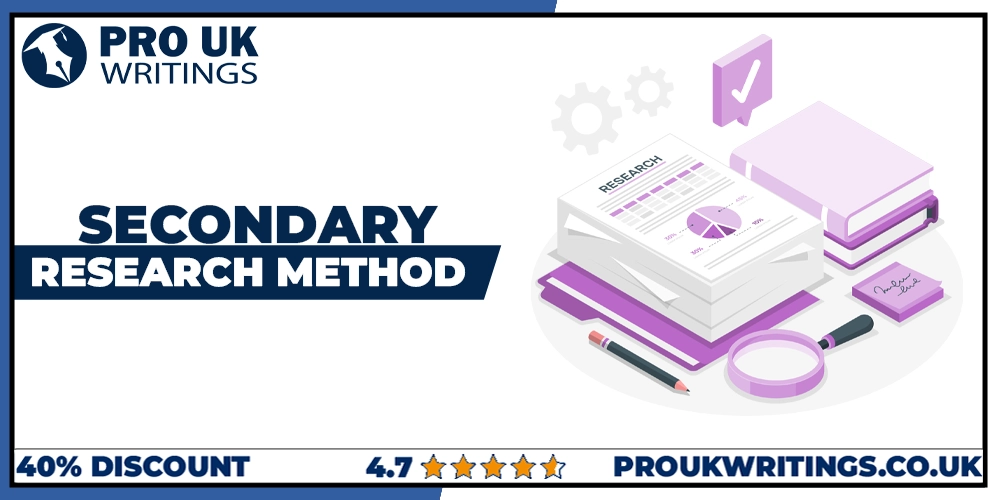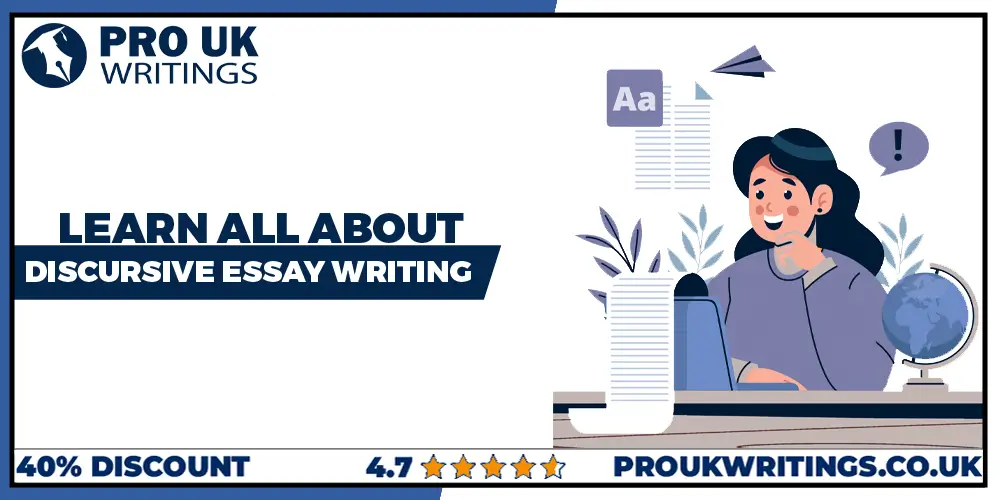LANGUAGE FEATURES:
Language features are fundamental to master if you want to be well articulated at English. Basically, they elevate your proficiency at writing or speaking. Unravel the essentials of language feature in this blog.What Are Language Features In English?
If you want to atone the quality of paper which you are writing or want to be eloquent at speaking English because often times it happens casually when we read a piece of article or hear someone speech immaculately, we often wonder “how does that person holds such proficiency at speaking or writing English eloquently?” well we have the answer for that question right here. Need help with English Homework? Try it now!Those individuals predominantly not all but most of them have mastered the use of language feature but “What is a language feature?”A language feature is a use of word, sentence, phrase or an expression that does the job of adding meaning to the language it helps with other factors like improving the quality of English writing or speaking and escalates the impact of expressions to boot. It can be either in the form of using a noun, figure of speech, sentence structure or an adjective. The language expression solitarily depends upon the matter of fact which type of text you are writing, the target audience and the topic. Try our English Coursework, if you need any help for it!Also Read: Critical Analysis Of A Research paper
Significance Of Language Feature GSCE:
The realm of language feature is as wide as it could be like an ocean many linguistic secrets lies there English is not just another language with simple grammar and vocabulary language feature technically makes it fun to communicate with others or to write with.For Example: Onomatopoeia is when a word gets created to implicit the nature of a certain sound.She fell down on boxes like “BAM.” “BAM” used here is to give audible illustration of how it seemed like.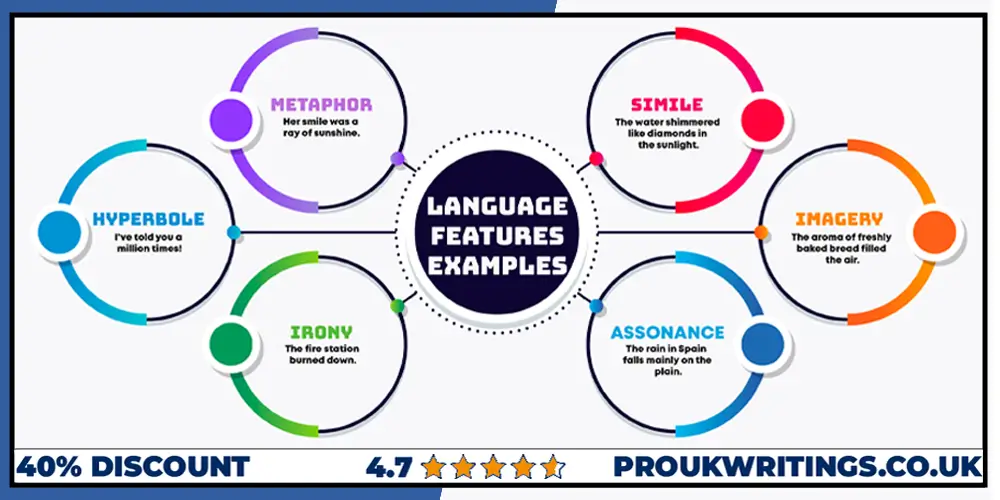
aLanguage Feature Examples & Impacts:
Here are enlisted the impacts of language features examples which you can read through to understand better!
Examples Of Language Feature:
Allegory:
An allegory is when a story, poem, character proposes an idea it is called Allegory. Allegory is used when writer wants to elaborate a thought without giving direct meaning because the readers are the ones to interpret it this is basically a good example of how language feature provide additional value to the emotion or speculations.
For Example:
“ANIMAL FARM” A Novel published by George Orwell in 1945 is one of the best examples of allegory and is commonly used in schools to help children understand the concept of allegory because it projects animals with human characteristics where animals run the farm themselves after kicking out the humans.
Also Read: How, Why, When, and Who Invented Homework?
Alliteration:
Read line mentioned as an example and let us ask you if you noticed anything? You must have but if not then let us point it for you all of the initials in the line above incept with S and this is exactly what alliteration is bunch or couple of different words in a sentence written next to each other having the same initial. This is the secret formula or writers and poets which make their poetries so much more enthralling to read because it adds rhythm to the writing.
For Example:
“Sebastian Saw Seaside”
Allusion:
Allusion is to indirectly refer an idea, musing, feeling, individual or anything but not with direct approach, writers use allusions to not directly emphasize the concept or the meaning hidden behind the sentence because they want their audience to spot it out for themselves
For Example:
“John is so busy always, I might as well just build an empire”.
Meaning of this example is John always has an excuse for being busy to barely take time out for anything while on the other hand everybody has busy lives that it is no excuse.
Also Read: Gibbs Reflective Cycle: All 6 Stages & Examples | Pro UK Writings
Analogy:
Analogy serves the purpose of persuasive writing as a language feature where a writer debates and upfront state their ideas in a way where readers agree with the writer’s point of view.
For Example:
“Nothing is cheap everything has its price even the air we breathe”
Anaphora:
Anaphora is language feature where you emphasize the starting points of the speech or sentence where you recall the early mentioned words to refresh.
For Example:
I don’t care what they think.
I don’t care what they like.
I don’t care if they notice.
These are 3 different sentences with repetition of the same first 3 words.
This grabs readers attention every time and make your writing or speech more harmonic!
Dramatic Irony:
Dramatic irony is one of the most interesting language features to learn and use in any piece of writing because irony brings much to readers curiosity out of circulating the questions in mind “How was that possible?” “How did this happen?” or “How could it be?”
For Example:
The nerd in class failed his specified subject.
People dining in a fancy restaurant were venting about how expensive fancy restaurants are.
Euphemism:
Euphemism is one of the most commonly used language features in either writing or speech we use euphemisms as substitutes for words that sound too provocative.
For Example:
Mommy has been like a robot the entire evening.
(“Robot” was used to refer to mom being busy for the entire afternoon).
His brother bought a new cell phone at friendly price.
(“Friendly” has been used as a substitute for cheap).
Also Read: Rolfe Reflective Model | What? So What? Now What?
Homonym:
Two words that resemble each other a lot but have completely different meanings are known as homonyms or homophones they help a lot with expanding lexicon.
For Example:
The bat flew by.
He swinged his bat.
In addition to this.
This one is limited edition.
As we can see here the word “bat” is one word which holds different meaning in two different scenarios same as that “Addition” and “Edition” have similar enunciation but different meanings.
Imagery:
Imagery is when you process a visual image in your mind out of reading or hearing a piece of writing you use abstract thought method when talking about a person, place, situation, emotion and idea. It accelerates imagination.
For Example:
His bar of soap smelled like rose flowers.
She was way too noisy like a trumpet.
Hyperbole:
If you want to overemphasize your character, story, situation or emotions hyperbola language feature will just get it done for you because hyperbola emphasize the text or sentence more.
For Example:
Lila was singing in car she sounded like “banshee.”
That taco was the best thing I ever had in life.
Also Read: Driscoll Model Of Reflection | What? So What? Now What?
Juxtaposition:
Enunciating this word could be difficult for some but this word means “comparison” same as the meaning the purpose of this language feature is to place two or more characters, traits, places, situations or actions next to each other and contrast.
For Example:
“Practical communication is better than social media interacts.”
“The red rose seemed beautiful enough to make me forget all of my sorrows.”
Litotes:
Litotes come in handy when you don’t want to hurt anyone feelings because they are used to convey negative statement with positive approach.
For Example:
“You were not bad out there.”
“I did not dislike his presence.”
Metaphor:
Metaphor is when you describe something with application of another thing’s quality
For Example:
“He runs faster than a car”
“He is smarter than a fox”
Also read: All You Need To Know About Kolb Reflective Cycle
Oxymoron:
Oxymoron is a play of words where contradiction of words with opposed meaning are written together some film titles are good examples of this term.
For Example:
True lies.
Dead man walking.
Mr. mom.
Pathos:
Pathos is a feature of language which is dearly used to evoke emotions in audience.
For Example:
“No price can ever be equal to peace of mind”
“I’m not a bird I must be free from the cage”
Rhetorical question:
Rhetorical questions are different from regular ones they are used to hook the audience onto something with curiosity and engagement into the story article or any piece of work because they certainly don’t demand precise answers but to make a point.
For Example:
Is sky really blue?
Which came first hen or egg?
World is a very big place can somebody explore it all?
Satire:
You must have heard words sometimes shoot to kill and satire is exactly how that happens satire executes your dislike for something through use of humor.
For Example:
Doing nothing is very hard to do you never know when you are finished – Leslie Nelson.
You thought you could expose me? You know nothing to tell.
Also read: Persuasive Essay Topics you should know!
Personification:
Personification are sentences, titles, words or thoughts that have human like emotions or has been personified with human like abilities.
For Example:
“Monsters University”
“The brave little toaster”
“The little tin soldier”
Simile:
Simile also compares one person things or objects quality with another but it is different from a metaphor because simile give identification of 2 things that are alike without applicating another things quality.
For Example:
“She sings like an angel”
“Children were as fresh as flowers
“He looked amazing as 90’s film hero”
Symbolism:
Symbols are used in everyday life from traffic lights which represents signals to let people know when to go and stop to dollars which represents money symbolism are significantly used in writing as well.
For Example:
It was valentine’s day the hallways were mostly pink the color which symbolizes love.
Everything was “blue” meaning no joy and excitement for life.
Onomatopia:
When the sound precisely gets described in words.
For Example:
The clock was ticking “Tik Tok”
The bees were buzzing around sunflowers like “Buzz”
Also Visit: English Dissertation Help
Cliché:
When you use something more once or twice consecutively it loses its originality this exactly what Cliché are:
For Example:
“Love at first sight”
“An uphill battle”
“Don’t judge a book by its cover”
“Cold as ice”
These are the best language features that you can apparently utilize in your writing for best piece of work.
Flashback:
Flashback is a pause from the present to take a ride into the past in writing.
For Example:
“The soldier was remembering the last year when he was with family around this time.”
“Film starts with main character encountering all of childhood tragedies.”
Paradox:
Contradiction approach of stating meaningful deep facts.
For Example:
“The only constant is change”
“Youth is wasted on the young”
“You have to spend money to make money”
“Less is more”
For any type of service and Blog information Pro UK Writings have always exceeded all expectations now that you know all about Language Features, also make sure to also read Emotive Language and Physiotherapy Dissertation Ideas.

Sebastian James
Blog Author
Meet Mister Sebastian James who is an accomplished academic writer, who holds great credentials in various different faculties of academic writing having the degree of doctorates. Mr. Sebastian James is the original author all of the content written on this website with great knowledge of academics Mr. Sebastian James is the original upfront writer for Pro UK Writings.
FAQs
Find Solutions of your queries
You need to have the right knowledge about language features in order to understand and point them out in a text without right knowledge they are difficult to identify.
Language features are very impactful if you want your audience to revel your work because the purpose for using language features is to make content readable and exciting because they help with quality.
Language features are most commonly used by poets, writers and authors because they are an imperative part of their writing you will find a leaden use of them in stories novels and books.
Language feature is the use of words sentences phrases that enhances the quality of your speech or writing through additional significance.
Adjectives enhances the quality of the noun they are describing words hence they add more details for the texts and are considered informative feature of language.
Cliché is the language feature that classifies the sentences or words that have been used in such platitudinous way to an extent where they do not sound exciting or surprising anymore.

